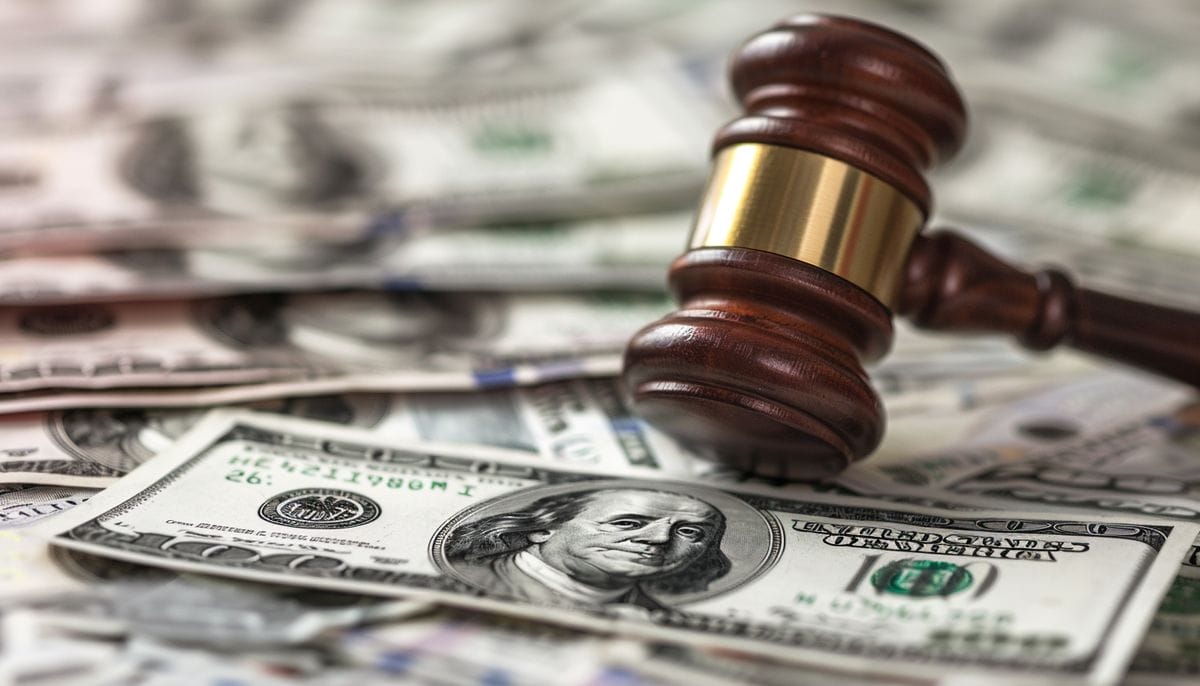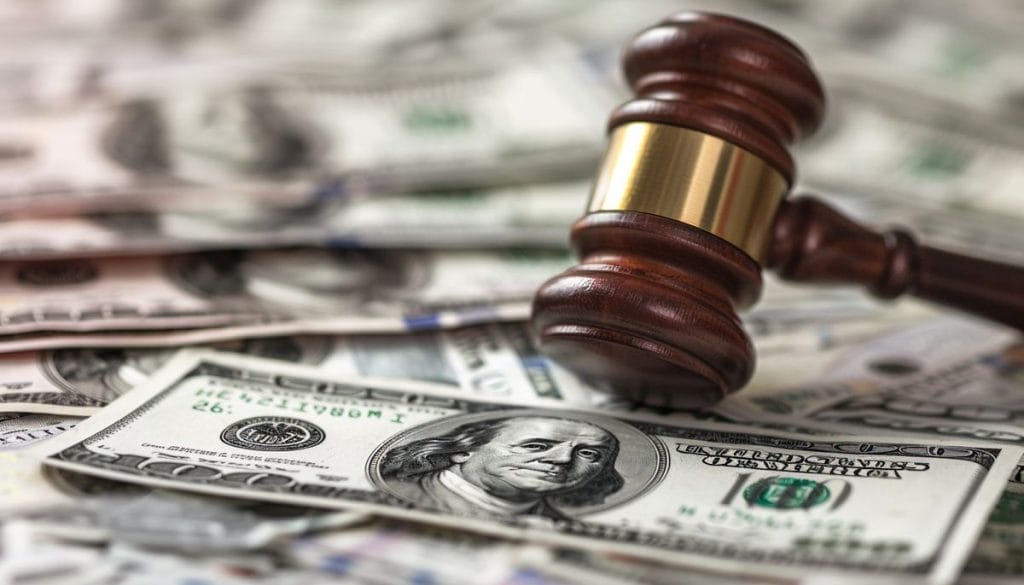Last updated:
 Why Trust Cryptonews
Why Trust Cryptonews

Defunct crypto exchange FTX said its amended reorganization plan had received strong preliminary approval from creditors entitled to vote, according to an August 22 press release.
The overwhelming support indicates that the plan will likely surpass the necessary approval thresholds under U.S. bankruptcy law.
Details of FTX Reorganization Plan
According to an unofficial voting report, over 95% of creditors have already voted in favor of the plan, representing 99% of the claims by value. This backing includes customer classes from both FTX US and FTX.com.
The reorganization plan, to be finalized by October 7, aims to fully compensate non-governmental creditors by paying 100% of their bankruptcy claims, plus interest.
FTX Chief Restructuring Officer and CEO John Ray III highlighted the plan’s innovative structure, noting that it effectively resolves complex disputes with various governmental and private stakeholders.
Although the reorganization plan has received broad support, some FTX customers updated the plan on August 2.
Specifically, they disagree with how the plan values their cryptocurrency holdings. Sunil Kavuri, a customer advocate, raised this concern.
These customers, along with a group of FTX creditors, objected to the reorganization plan, arguing that reimbursed in cash would create a taxable event, leading to additional financial burdens.
Backstory of the Reorganization and Recovery Efforts
FTX’s road to reorganization has been fraught with challenges.
On June 7, creditors objected to FTX’s initial repayment plan, raising issues about the potential taxable events that could arise from cash repayment instead of digital assets.
The objections also pointed to disputes over the valuation of assets and whether customer assets should be distributed by the estate led by John J. Ray III.
In response to these concerns, FTX sought creditor votes on a liquidation plan to wind down payments and compensate customers.
Delaware Judge John Dorsey authorized FTX bankruptcy advisors to solicit creditor votes, aiming to gather feedback from those previously unengaged in the repayment plan.
This move paved the way for FTX’s reorganization plan, which carries significant financial implications.
In June, Bloomberg reported that FTX would likely offer customers 119% of their assets’ value as of the day the exchange filed for Chapter 11, with other creditors potentially receiving up to 143% of their owed assets.
However, this proposal faced objections from customers who demanded higher repayments, citing the recent spike in cryptocurrency prices.
FTX’s numerous legal challenges further complicate the ongoing restructuring process.
The exchange’s founder and former CEO, Sam Bankman-Fried, was sentenced to 25 years in prison and fined $11 billion for financial fraud.
Additionally, FTX and its affiliate, Alameda Research, reached a settlement with the Commodity Futures Trading Commission (CFTC), requiring them to repay creditors of $12.7 billion.



